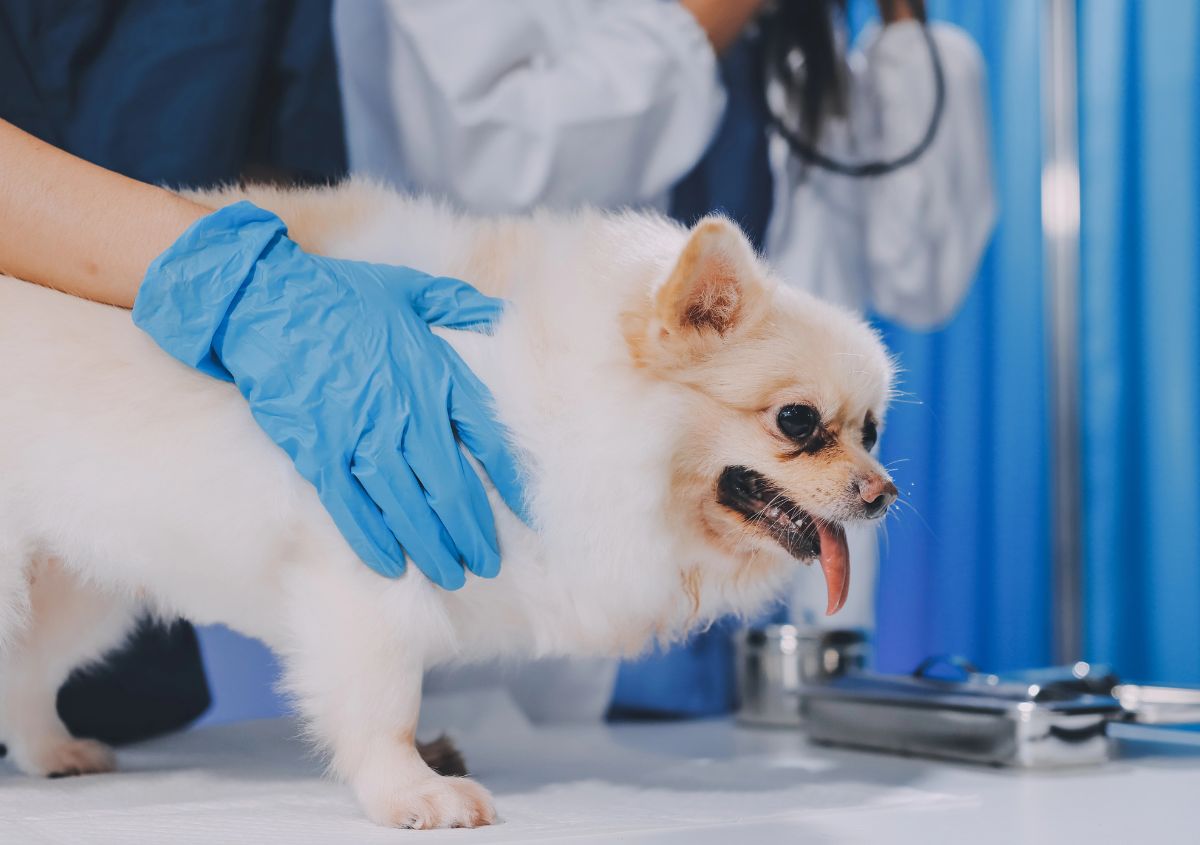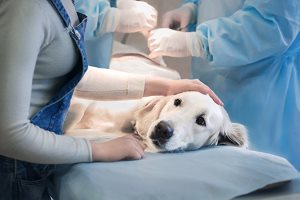Understanding how to protect your cat from Feline Leukemia Virus (FeLV) infection
Posted by Dr. Jose Arambulo
What is FeLV disease?
This is one of the most common infectious diseases in cats worldwide, affecting between 2% and 3% of all cats in the U.S. and Canada alone. It is caused by FeLV, a virus that is passed from cat to cat through bite wounds, grooming behaviors, feeding dishes, and shared litter boxes. Infected mothers can also transmit the virus to their kittens before birth or when nursing. It cannot be transmitted to people or other animal species.What are the signs of FeLV?
This virus affects cats in many different ways. In fact, it is actually associated with a range of different diseases. Adding to the challenge of FeLV, some cats may exhibit no signs of disease at all (which underscores the importance of testing at our clinic). Without treatment, over the course of weeks, months, and years, your cat may:- Lack interest in food
- Lose weight
- Lack energy
- Develop a persistent fever
- Have a poor coat
- Experience chronic loose stools
- Develop oral problems, like inflamed gums
- Be susceptible to infections of the skin and other areas
- No longer act like themselves
Why is it so important to address FeLV right away?
FeLV has been implicated in numerous conditions that affect your cat's overall health and quality of life. It is the No. 1 cause of cancer in cats, and has been implicated in everything from blood disorders to reproductive problems (in unspayed females) and liver disease. It generally leads to a state of immune deficiency, which impairs your cat's ability to defend itself against "foreign invaders" – common bacteria, viruses, fungi, and other infections. These disease-causing pathogens or germs might not affect healthy cats, but can cause severe illnesses among FeLV-infected cats. It is these secondary infections that are to blame for many FeLV-related diseases.Call Us Today
Or
Book an Appointment
Is my cat at risk?
Kittens are at greatest risk because their immune systems have not fully matured. Other risk factors include outdoor cats that may be unknowingly bitten or otherwise come in close contact with an infected cat. Your outdoor, unsupervised cat could then spread the virus to other felines in your household.What can I do to prevent infections?
The only way to ensure your cats stay FeLV-free is to prevent their exposure to the virus through other cats. This means keeping cats indoors. All kittens and cats that are new to your household should be tested for FeLV. Additionally, it is essential to note that the prevalence of FeLV has decreased considerably over the past 25 years since the introduction of effective vaccines and accurate diagnostics/testing. We can help your new kitty establish a healthy routine of preventive care and an appropriate vaccination schedule. It is also important to separate any infected cats from non-infected cats in your home.Is FeLV treatable?
At present, there is no definitive "cure" for FeLV. Typically, approaches involve managing specific problems associated with the virus, such as prescribing antibiotics to fight bacterial infections. It is important for us to carefully and regularly monitor your cat's weight, appetite, activity levels, behavior, and other potential changes associated with infection. If your cat is due for a wellness visit or you have noticed concerning changes, do not hesitate to contact Bloomfield Animal Hospital today. Call (562) 383-7788 to speak with a member of our team in Lakewood, CA, and to schedule an appointment.
Bloomfield Animal Hospital is a trusted name in pets’ preventive, medical, surgical, and emergency care in Lakewood, CA. With a 30-year history as a family-owned pet clinic, it provides modern services in a warm, friendly environment. It’s one of the few veterinary hospitals to be AAHA-accredited.
 Dr. Jose Arambulo, owner and chief veterinarian, is experienced in treating eye, ear, and skin disorders and is especially interested in internal medicine, dentistry, and soft tissue surgery. He earned his BS in Medical Technology from the University of Santo Tomas and his Doctor of Veterinary Medicine from the University of the Philippines. He completed clinical evaluation for veterinary medicine at Purdue University in Indiana and was a veterinarian at Banfield and California before acquiring Bloomfield Animal Hospital.
Dr. Jose Arambulo, owner and chief veterinarian, is experienced in treating eye, ear, and skin disorders and is especially interested in internal medicine, dentistry, and soft tissue surgery. He earned his BS in Medical Technology from the University of Santo Tomas and his Doctor of Veterinary Medicine from the University of the Philippines. He completed clinical evaluation for veterinary medicine at Purdue University in Indiana and was a veterinarian at Banfield and California before acquiring Bloomfield Animal Hospital.
Dr. Arambulo is an active member of the American Veterinary Medical Association, Veterinary Information Network, Southern California Veterinary Medical Association, Southern California Filipino Veterinary Medical Association, and the Lakewood Chamber of Commerce.
 Our Traveling Surgeon, Dr. Zachery Smith, is a Diplomate of the American College of Veterinary Surgeons. He specializes in complex orthopedic and soft tissue surgery. While training, he worked with some of the best orthopedic surgeons in the country. He has lectured both locally and internationally. Dr. Smith plays a leading role at Veterinary Orthopedics of California, which is dedicated to providing high-level surgical services to pets.
Our Traveling Surgeon, Dr. Zachery Smith, is a Diplomate of the American College of Veterinary Surgeons. He specializes in complex orthopedic and soft tissue surgery. While training, he worked with some of the best orthopedic surgeons in the country. He has lectured both locally and internationally. Dr. Smith plays a leading role at Veterinary Orthopedics of California, which is dedicated to providing high-level surgical services to pets.
 Our visiting physician, Dr. Fred Brewer, is a veterinary cardiologist board-certified by the American College of Veterinary Internal Medicine. He completed his Bachelor of Science in Psychobiology at UCLA and earned his veterinary degree from Cornell University in 2009. Later, he completed a one-year general rotating internship at the California Animal Hospital Veterinary Specialty Group in West Los Angeles and a three-year cardiology residency at Cornell University.
Our visiting physician, Dr. Fred Brewer, is a veterinary cardiologist board-certified by the American College of Veterinary Internal Medicine. He completed his Bachelor of Science in Psychobiology at UCLA and earned his veterinary degree from Cornell University in 2009. Later, he completed a one-year general rotating internship at the California Animal Hospital Veterinary Specialty Group in West Los Angeles and a three-year cardiology residency at Cornell University.

Dr. Arambulo is an active member of the American Veterinary Medical Association, Veterinary Information Network, Southern California Veterinary Medical Association, Southern California Filipino Veterinary Medical Association, and the Lakewood Chamber of Commerce.




















